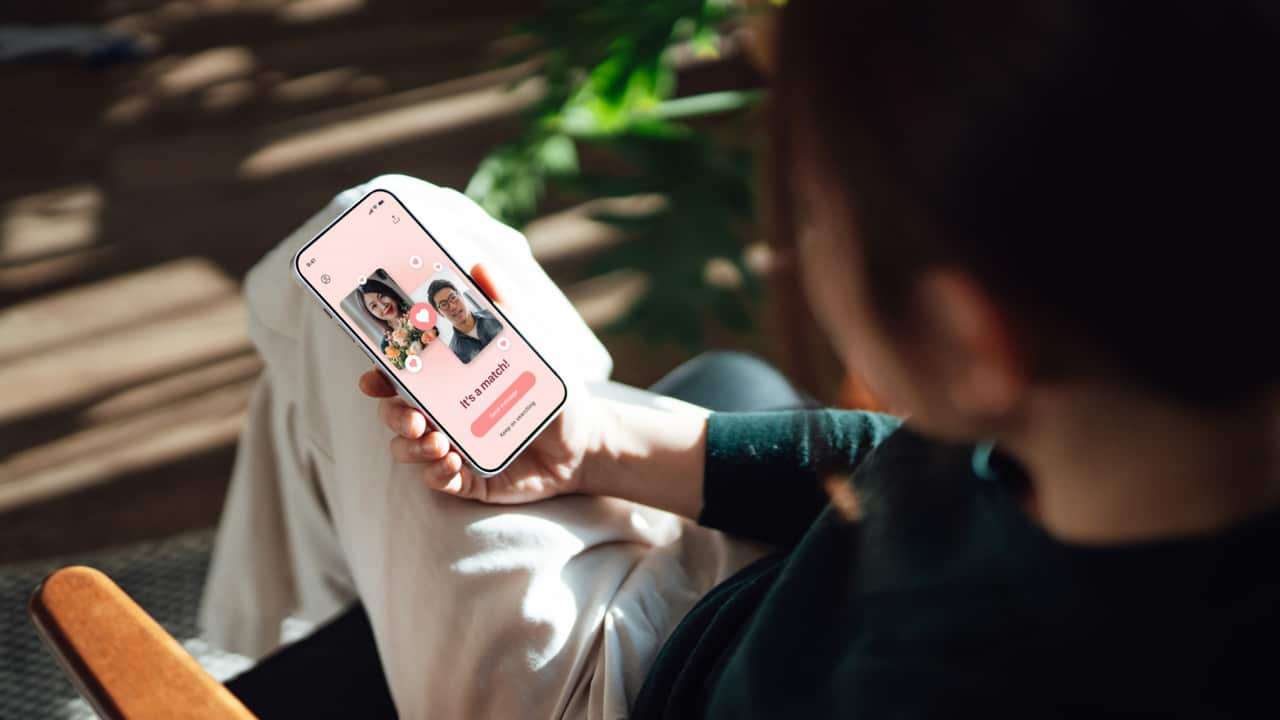SBS Learn English will help you speak, understand and connect in Australia - view all episodes.
This lesson is suitable for intermediate-level learners. After listening, test your knowledge with our quiz.
Learning notes
Different phrases you can use when asking for support and donations:
- Would you be open to making a small donation?
- I’ve got a little fundraiser going, any chance you’d like to help?
- Would you be happy to support this cause?
- If you’ve got a coin or two to spare, it’ll go straight to a good cause.
- Any help you can give would mean a lot.
- Every bit counts.
- A little help goes a long way.
- We appreciate any support you can give.
Colloquial expressions:
If you are running something, it means you are organising it, looking after it, or making sure it happens.
When we ask someone for a coin or two, we’re asking for a small amount of money.
Vocabulary:
A charity is a group that helps people in need.
A charity run is a public run organised by a charity to raise money.
A charity appeal is when a charity asks people to give money or help.
Altruistic means helpful others without expecting anything in return.
A fundraiser is an event or activity that collect money to help others.
A community fundraiser is when people in a neighbourhood, school, or local group work together to raise money for something important.
To donate means to give something to help others — like money, clothes, food, or time.
A donation is what you give — like money or things — to help someone or support a group.
To spare extra. If you have some money to spare then you can give it away without causing any problems.
A good cause is a project or group that helps people or animals who need support, like a charity or community group.
Learning focus:
Asking people to do things they might not like to do is always difficult, and so we often ask in ways that allow the listener time to process and think.
We often use the opener-reason/ context/ softened request/ sweetener approach. First, we open up the conversation (an opener), then we explain the reason we are asking and give a little context (a reason/context), then we ask in ways that show we are not expecting too much (a softened request), and finally we offer something good or something that makes them feel good (a sweetener).
This is what Allan did:
| Opener: | Hey Claire, do you have a minute? | (asks if she is busy) |
| Reason & context: | I'm running a charity cake stall this Friday to raise funds for a children's hospital. It's part of a community fundraiser I've joined. | (provides context) |
| Request: | Would you be open to making a small donation?But if you got a coin or two to spare. | (asks if she is willing)(incomplete request + emphasises small amount) |
| Sweetener: | It'll go straight to a good cause.I'll save you the best cupcake. | (emphasises that she will be doing good)(offers the best cake) |
Sign up for previews, updates and to provide feedback.
A big thank you to our guests Sunila Kotwal from Immigrant Women's SpeakOut Association of NSW. Paul Nicholson and Lily O'Sullivan voiced the characters of Allan and Claire, and Professor Lynda Yates was our educational consultant.





